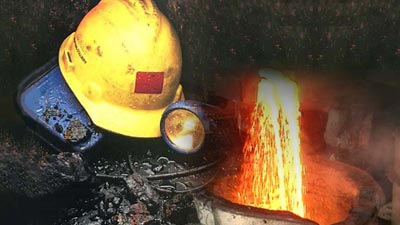The Centre for Applied Legal Studies (CALS) has dismissed the SA Chamber of Mines’ assertion that it submitted at a “very late stage” its papers seeking leave to intervene as co-applicants in its application for a review of the Mining Charter.
This comes after the Chamber said earlier this week that it is not supporting the urgent applications at the High Court by two parties seeking leave to intervene as co-applicants in its application for a review of the controversial Mining Charter.
The Chamber’s application for review of the Mining Charter is scheduled to be heard by a full bench of the High Court on 13 and 14 December.
The two parties that sought to be co-applicants are the CALS and Lawyers for Human Rights (LHR) on behalf of three mining community organisations, Mining Affected Communities United in Action, Women Affected by Mining United in Action, and the Mining and Environmental Justice Network of South Africa.
The high court in Johannesburg granted them leave to be co-applicants in the Chamber’s application and ordered all parties to strictly adhere to the timelines previously laid down by the Deputy Judge President of the Gauteng High Court for the serving and filing of pleadings and heads of argument.
Explaining its initial reason for opposing these parties’ application to intervene as co-applicants, the Chamber said CALS and the LHR submitted their papers “at a very late stage” and that their grounds for review were materially different from its own.
But CALS spokesperson Lee-Anne Bruce dismissed this, saying that they could have applied to be co-applicants at any point of the litigation.
“CALS submitted its application to intervene in the Chamber of Mines review of the Mining Charter on 24 October 2017, after the Chamber filed its founding papers on 17 October 2017. This is not ‘at a very late stage’,” Bruce said.
“An interested and affected group may apply at any point in litigation to become a party. The High Court order acknowledged the urgency of our application and has awarded costs against the Chamber for having no basis for opposing the communities.”
The Chamber is challenging the implementation of the 2017 Reviewed Mining Charter, which was gazetted in June, arguing that the Charter would be harmful to the industry and the economy because of its content, as well as the vague and contradictory language employed to convey that content.
Related video click below:






